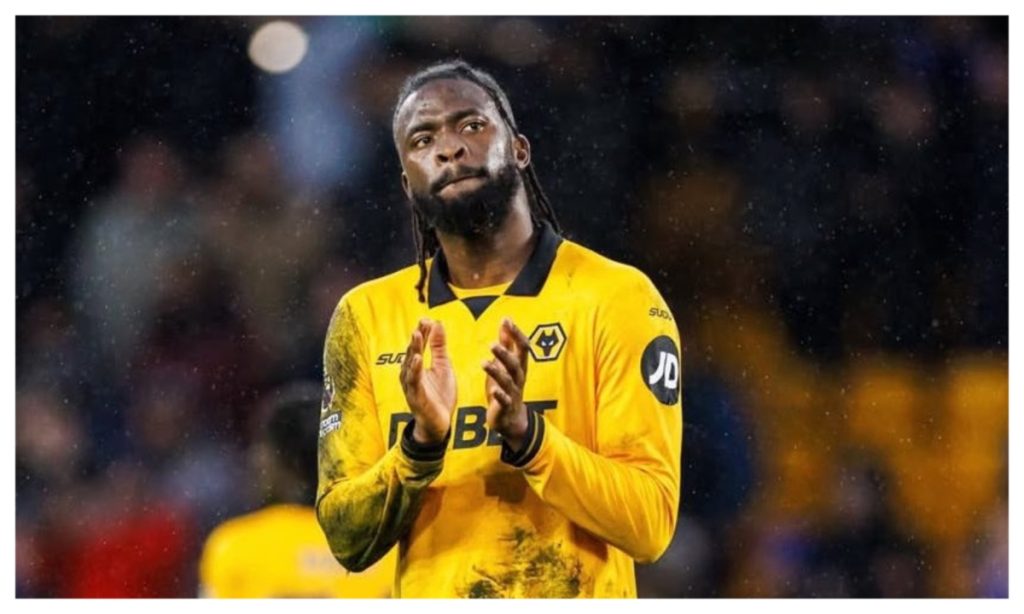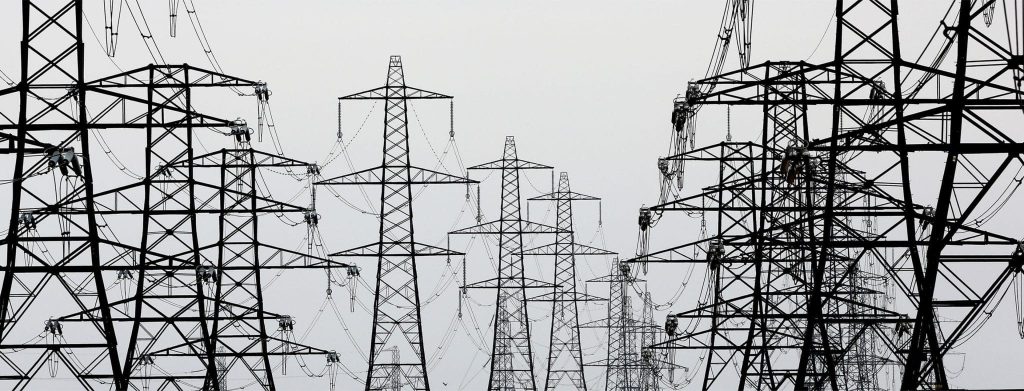The Olympic Stage: A New Chapter Begins
The International Olympic Committee (IOC) has announced a pivotal moment for the future of the world’s largest sporting event. On January 30, seven candidates will gather at IOC headquarters for a closed-door meeting, marking the only public event in what promises to be the most discreet and secretive election in world sport. The candidates, all vying for the top spot, will engage with the IOC’s around 100 member-strong audience, comprising royals, sports officials, and Olympians.
Seven candidates, comprising three members of the IOC’s Executive Board and four presidents of Olympic sports governing bodies, have thrown their hats into the ring to succeed outgoing President Thomas Bach. The latter has been at the helm for 12 years and will step down in June, following a three-month transition period with his successor.
The frontrunner, Kirsty Coventry, Zimbabwe’s sports minister, has gained significant backing from President Bach. If elected, she would become the first female president in the IOC’s 130-year history and the first from Africa. A two-time Olympic gold medallist in swimming, Coventry’s impressive credentials make her a strong contender.
As the next IOC leader takes the reins, they will face significant challenges. Chief among these are determining the host of the 2036 Olympics, assessing the impact of climate change on the global sporting calendar and the Winter Games, and addressing gender equality issues. Renewing the broadcast deal with the United States, a cornerstone of Olympic finances, is also a pressing matter.
The path forward is littered with complex decisions, each requiring strong leadership, strategic thinking, and a deep understanding of the global sporting landscape. As the Olympic stage begins its next chapter, the world eagerly awaits the outcome of this crucial election, set to unfold in March. Will Kirsty Coventry make history and become the first female IOC president? Only time will tell.



